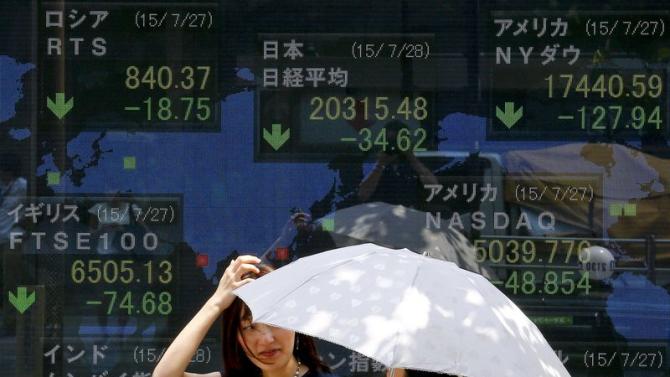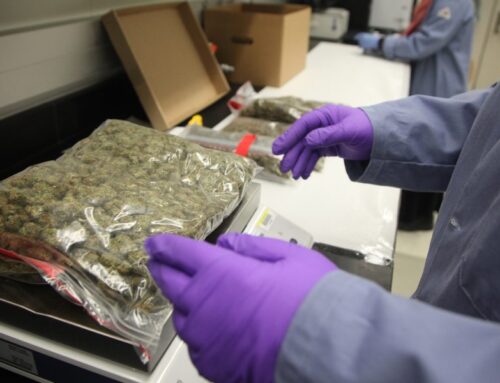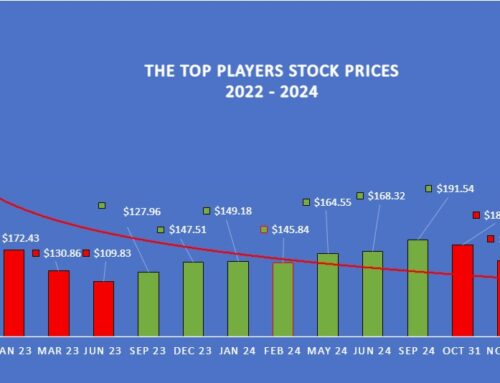Asian stocks defensive on weak China data, Fed rate view
August 9, 2015
By Hideyuki Sano
TOKYO (Reuters) – Asian shares were on the defensive on Monday after new indications of a slowdown in the Chinese economy strained the nerves of markets already unsettled by the prospect of a U.S. interest rate hike in September.
Japan’s Nikkei (.N225) fell 0.4 percent and South Korean shares (.KS11) dropped 0.3 percent. MSCI’s broadest index of Asia-Pacific shares outside Japan stood near its 1 1/2-year low hit last month and stood flat.
“The markets are beginning to price in structurally lower growth in China and an end to the so-called commodity super-cycle,” said Yoshinori Shigemi, global market strategist at JPMorgan Asset Management.
Chinese exports tumbled 8.3 percent in July, their biggest drop in four months and far worse than economists’ forecast of a 1.0 percent fall, data showed on Saturday.
Producer price deflation deepened to 5.4 percent, sending wholesale prices to their lowest since late 2009.
The data came as many emerging currencies came under pressure from expectations that the U.S. Federal Reserve will end nearly a decade of its zero interest rates.
The U.S. Department of Labor said on Friday employers added 215,000 jobs in July, only slightly below a Reuters poll of 223,000 jobs. The unemployment rate held at a seven-year low of 5.3 percent and there were signs that wages were beginning to pick up.
Taken together, the figures promoted traders to ratchet up expectations that the Fed would raise interest rates in September, even though money market futures pricing (USDOIS) suggest it remained a close call.
On Wall Street, the Dow Jones industrial average (.DJI) fell 0.3 percent, hitting a six-month low. The S&P 500 (.SPX) shed also about 0.3 percent.
Emerging market shares were beaten harder, with MSCI’s emerging market index (.MSCIEF) falling to a two-year low on Friday.
The prospect of higher U.S. interest rates has made the dollar more attractive to investors in the past year, which in turn has lowered demand for commodities and crimped U.S. corporate earnings from exports.
The U.S. dollar index (.DXY), which tracks the greenback versus a basket of euro (EUR=), yen (JPY=) and four other currencies, reached 98.334, its highest since late April after the U.S. job data, before turning lower. On Monday, it stood at 97.670.
The euro traded at $1.0957 (EUR=) while the yen was 124.35 to the dollar (JPY=).
Oil prices kept sliding on the global slowdown, a U.S. gasoline glut and a rise in the U.S. oil rig count.
Crude futures prices fell to fresh multi-month lows early on Monday. Brent (LCOc1) fell to $48.26 per barrel, not far from a six-year low of $45.19 hit in January.
(Reporting by Hideyuki Sano; Editing by Eric Meijer)
Search
RECENT PRESS RELEASES
Related Post






